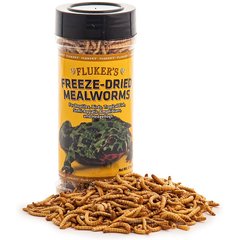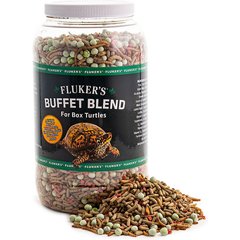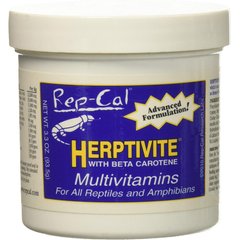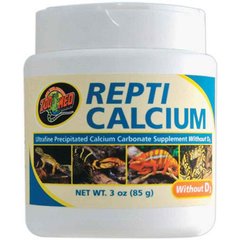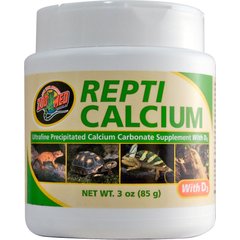What Do Box Turtles Eat?
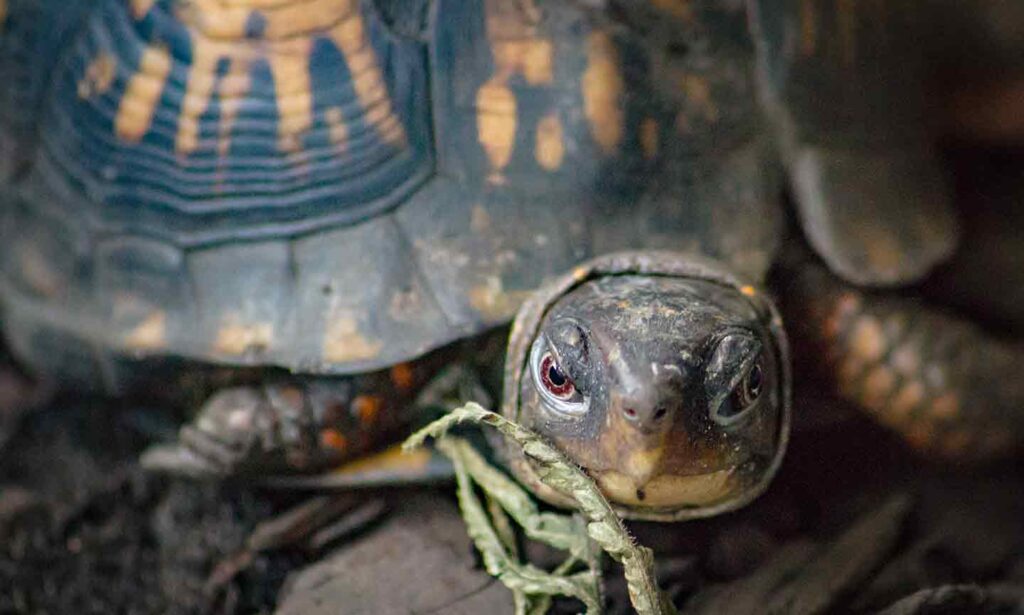
Photo by Darwin Brandis/iStock/Getty Images Plus
Preparing to welcome your first box turtle into your family? One of the first things you’ll need to know is what box turtles eat. Boxies are omnivorous, eating both animal- and plant-based foods—but they can’t eat just anything. We spoke with veterinary experts to find out what turtles eat; what they shouldn’t; and how much and how often to feed them.
What Do Box Turtles Eat?

MattCuda/iStock / Getty Images Plus
The common box turtle, aka all subspecies of Terrapene carolina found in North America, requires a diet of roughly half plant-based foods and half animal-based foods, says Dan Johnson, DVM, DABVP (Exotic Companion Mammal Practice), a veterinarian at Avian and Exotic Animal Care in Raleigh, North Carolina. These animals thrive with a varied diet.
Important note: A box turtle’s dietary needs can differ based on their species. It’s always a good idea to consult your veterinarian to learn which foods are best to feed your unique turtle.
Trent Shrader, DVM, a wildlife and exotics veterinarian at Southpaw Veterinary Clinic in Omaha, Nebraska, says that although there are many species available through breeders and pet stores, the most commonly kept species of box turtle is the ornate box turtle (Terrepene ornata).
Dr. Shrader says there are several key components to their diets, such as:
- Animal proteins: These should closely reflect the natural insects that would be part of their diet in the wild and are especially crucial for growing, young animals.
- Vegetables: These are another essential component of a box turtle diet and should comprise 50–70% of the calories in an adult box turtle’s diet. Good vegetable options are an important source of fiber, moisture, calcium, vitamin A, and other essential nutrients.
The most common foods pet box turtles eat, according to Dr. Shrader, include:
- Earthworms
- Crickets
- Mealworms
- Red or green leaf lettuce (not iceberg)
- Dandelion greens
- Cilantro
- Carrot tops
- Vine fruits (e.g., melon, berries)
When box turtles are hatchlings or juveniles, there’s a good chance they may not eat an appropriate amount of vegetables due to a preference for their insect prey, Dr. Shrader says. In these cases, he says it’s very important to “gut-load” insects fed to turtles. “Gut-loading” refers to feeding the insects prior to feeding them to your pet, so that the nutrition from the insects’ food benefits your pet.
“There are many appropriate commercially available gut-loaded diets, and several insect diets that can be prepared at home,” he says. “Important components should include vegetables high in vitamin A, calcium powder, and a multivitamin. In a perfect setup, insects would be fed for three days prior to being fed to your box turtle.”
What Vegetables Can Box Turtles Eat?
“The vegetable portion of a box turtle’s diet should make up 80–90% of the plant-based food offered and can include most vegetables commonly available at the grocery store,” Dr. Johnson says.
Examples of veggies that box turtles can eat include:
- Carrots
- Squash
- Bell peppers
- Turnip greens
- Romaine lettuce
- Collard greens
- Kale
- Sweet potato (cooked)
Some foods can be dangerous to your turtle if fed in excess. For example, beet greens, Swiss chard, and spinach contain oxalates, which prevent the absorption of calcium and can lead to calcium deficiencies if overfed. Talk to your veterinarian about the veggies you should be feeding your turtle.
What Fruits Can Box Turtles Eat?
Of the plant-based foods offered to box turtles, Dr. Johnson says the fruit portion of their diet should only make up 10–20%.
Some fruits that box turtles can eat include:
- Blueberries
- Raspberries
- Strawberries
- Melons
- Tomatoes
- Cantaloupe
Box turtles may overeat fruits if offered in large amounts, Dr. Johnson says, due to their naturally sweet taste. For this reason, fruits should be fed in small amounts and in moderation (similar to treats).
What Live Food Can Turtles Eat?
As much as box turtles love fruits and veggies, they also require about half animal-based protein in their diet.
Dr. Johnson says these can include live prey, such as:
- Mealworms
- Superworms
- Crickets
- Silkworms
- Black soldier fly larvae
- Waxworms
- Earthworms
- Hornworms
Box turtles will also eat grasshoppers, slugs, and snails. However, Dr. Johnson says wild-caught prey may carry internal parasites or insecticides or fertilizers that could be toxic to your turtle. He recommends giving safer, eagerly accepted alternatives, like freeze-dried mealworms, as well as dried krill and shrimp. These should also be given only as treats.
Recommended Products
Calcium Supplementation
Like other reptiles, Dr. Shrader says box turtles require calcium and other multivitamin supplements to remain healthy. This is due to the limited variety of vegetables and insects available for feeding in captivity. Use a calcium powder (calcium gluconate, lactate, or carbonate) regularly, according to your vet’s instructions. These can be lightly sprinkled onto your box turtle’s food.
When it comes to other supplements, such as powdered vitamin D supplements, consult your veterinarian. Overfeeding certain vitamins can be hazardous to your turtle’s health, so it’s important to work with your vet to determine the amount they need.
Recommended Products
Box Turtle Feeding Tips
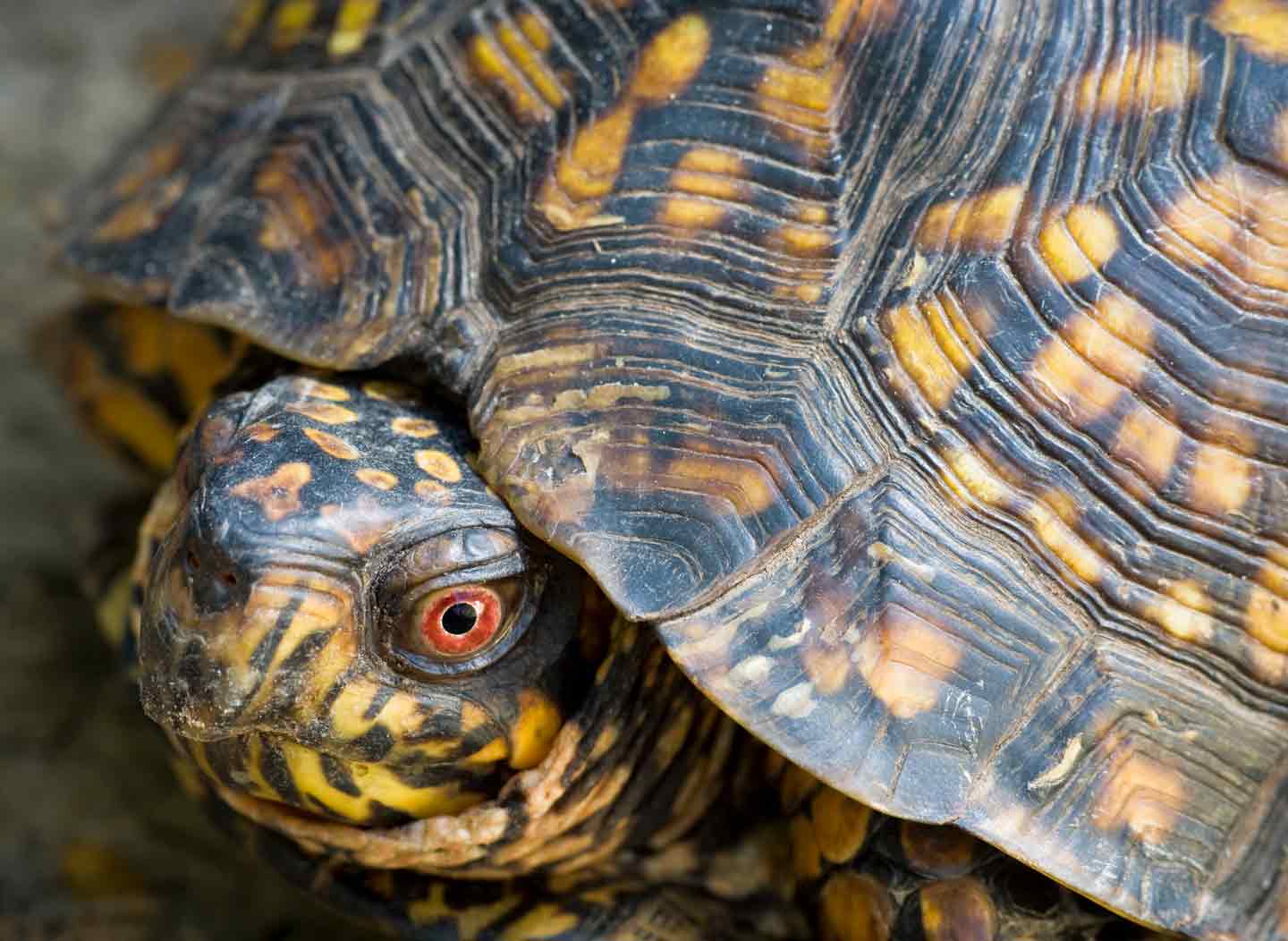
JPaulMoore/iStock / Getty Images Plus
Box turtles can enjoy a variety of foods, from butternut squash and blackberries to earthworms and black soldier fly larvae. But how do you go about feeding them?
Dr. Shrader shares the following tips on how to feed your box turtle:
- Provide food for your box turtle in a separate tank or on a feeding platform within their normal habitat.
- Wash all fruits and vegetables before feeding them to your turtle.
- Finely chop vegetables into bite-size pieces to assist young box turtles in eating. (Adult box turtles should be able to break down and eat full-size vegetable and insect food items.)
- Feed on a flat, rough stone to help wear their beak down, which can become overgrown.
- Avoid feeding on loose substrate, especially sand, as turtles can accidentally ingest the substrate and form a blockage.
- Box turtles can carry Salmonella, which is contagious to humans. Always wash your hands after feeding or touching your pet turtle.
And voilà, your little omnivore is ready to chow down!
How Much Should I Feed My Turtle?
Feeding your turtle friend the right amount of food as frequently as they need helps ensure they get adequate nutrition to stay happy and healthy. Each turtle will have unique dietary needs, so talk to your veterinarian about how much and how often to feed them.
“Young turtles will need to eat every day, while adult box turtles may need to eat a larger volume every other day,” he says. Because they’re diurnal, or active during the day, they’re considered to be daytime eaters.
To learn more about appropriate proportions for your box turtle, consult your vet so they can provide recommendations based on your turtle’s individual needs, body weight, and overall health.
Do Box Turtles Drink Water?
Box turtles should be provided with a continuous supply of fresh, clean water, Dr. Shrader says. But even then, they may not drink often without encouragement.
For this reason, he recommends providing additional hydration by soaking greens and vegetables before offering them. Another way to keep your box turtle hydrated is by giving them scheduled baths once a week for 15 minutes, in water at a temperature of 85–95 degrees Fahrenheit. You can also leave a water dish in your turtle’s cage that’s deep enough for them to soak in, but not so deep that the water is over your turtle’s head. This water should be changed daily.
What Not To Feed Your Box Turtle
While there are many foods box turtles can safely savor, some should be avoided due to being toxic or simply unhealthy.
“It’s best to avoid ornamental plants and houseplants when selecting vegetables and greens to feed your turtle,” Dr. Shrader says. “Be cautious if you don’t have strong plant identification skills to avoid mistaking a safe hibiscus for a dangerous foxglove, or similar mistake.”
Another potentially problematic option is cat food and dog food. Dr. Shrader says they may contain an excessive amount of phosphorus and can contribute to metabolic bone disease. “There are many excellent, affordable commercial box turtle diets available that are superior,” he says.
Dr. Shrader notes that fruits in general are commonly overfed foods that should be tightly regulated in your box turtle’s diet due to their risk of causing obesity and gut bacterial imbalance. Discuss the amount of fruits you should feed your turtle with your vet.
FAQs About What Box Turtles Eat
Do box turtles eat carrots?
Yes, box turtles eat many different vegetables, including carrots.
What is the natural diet of a box turtle in the wild?
Box turtles are known as opportunistic omnivores in the wild. That means they’ll eat a variety of both plant and animal matter, whether it be fresh flowers or wiggly worms they encounter as they explore and forage. Before you feed fresh flowers to your turtle, though, make sure they’re free of insecticides or fertilizers that could harm your pet, and that they’re a flower that’s safe for turtles to eat, like:
- Geraniums
- Carnations
- Dandelions
- Hibiscus
- Nasturtiums
- Roses
How often do box turtles eat?
This depends on their age. Young box turtles should eat every day, while adult box turtles may eat every other day.
Attributions
This content has been medically reviewed by Chewy vets.
